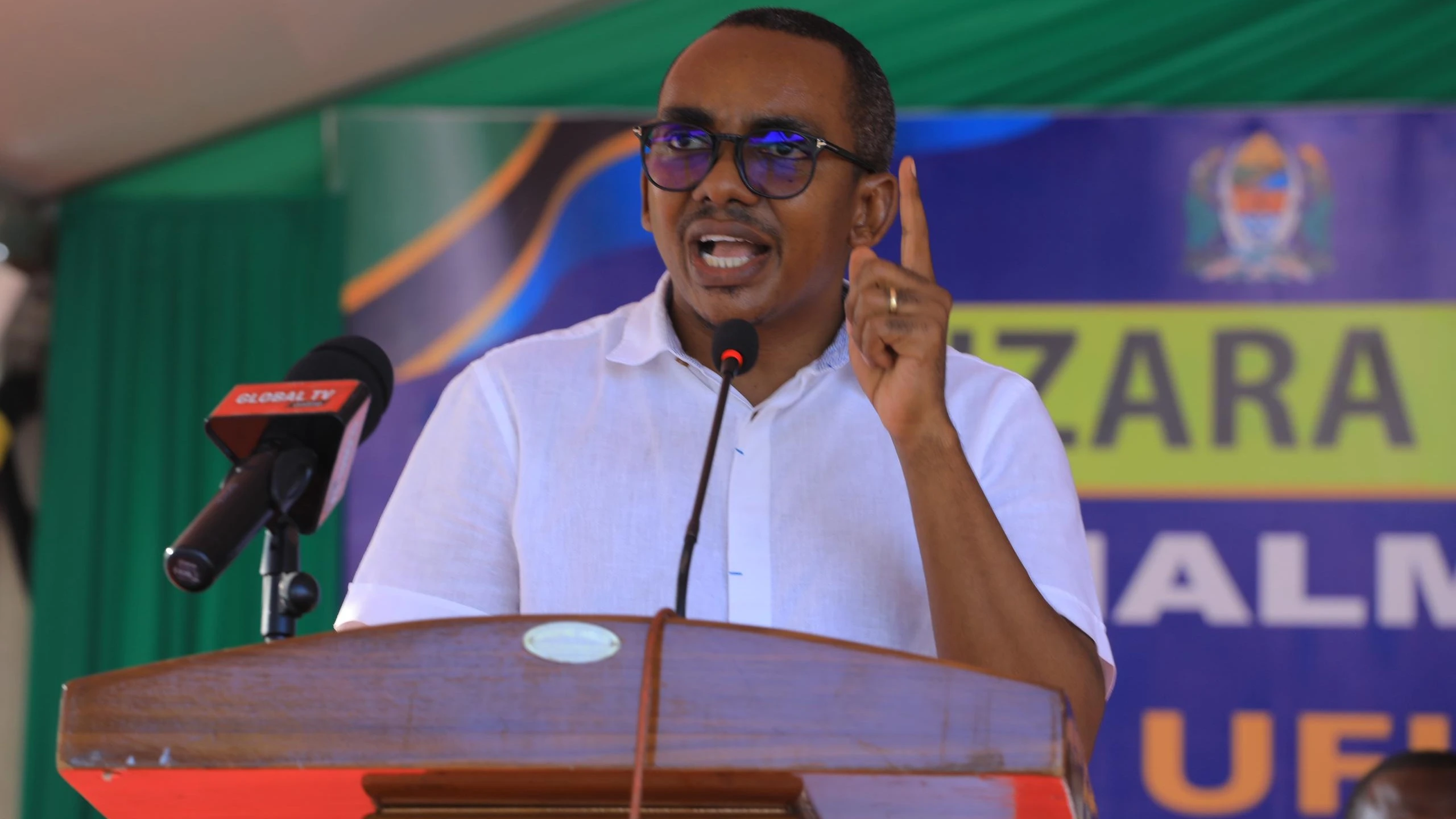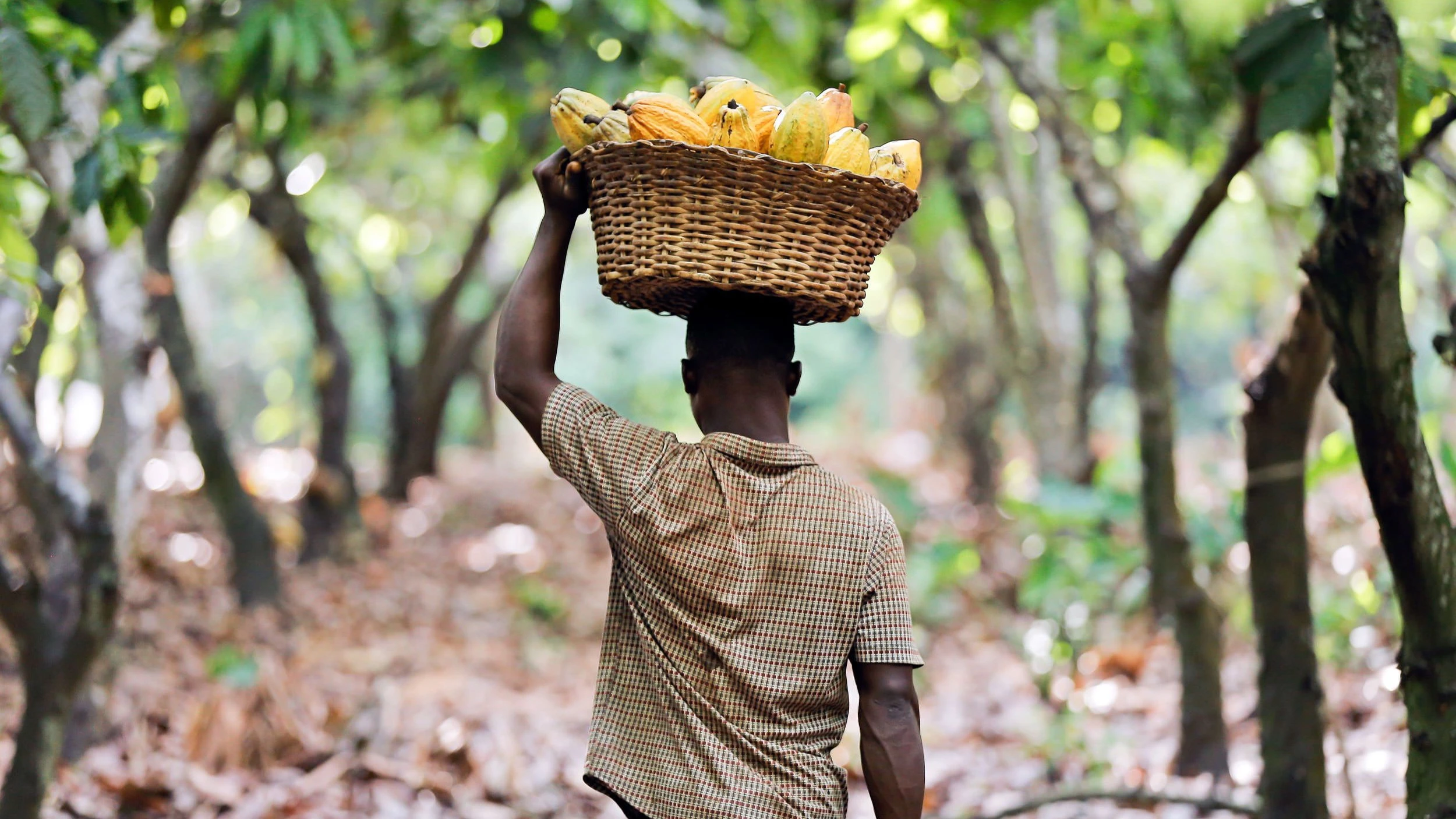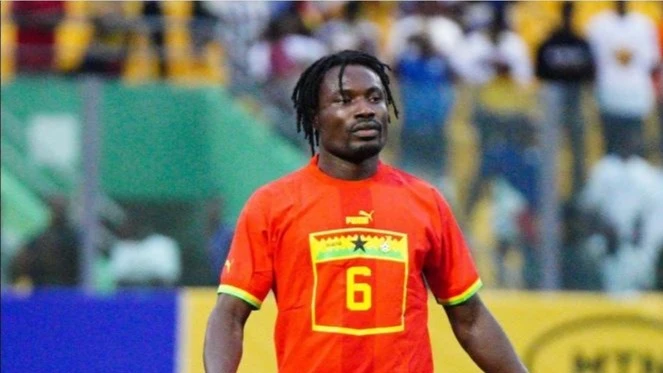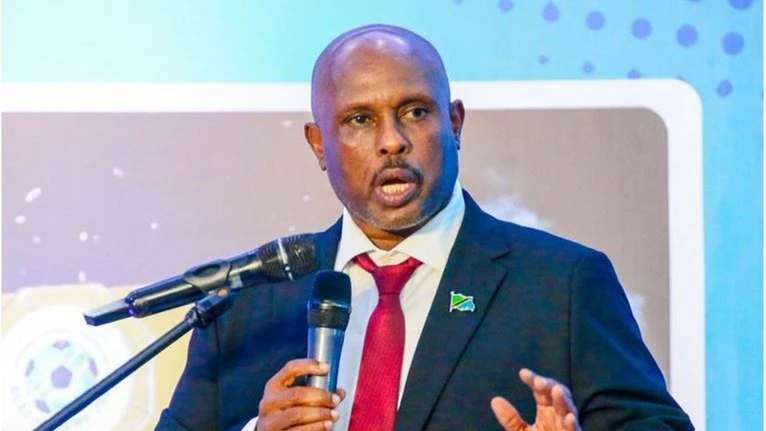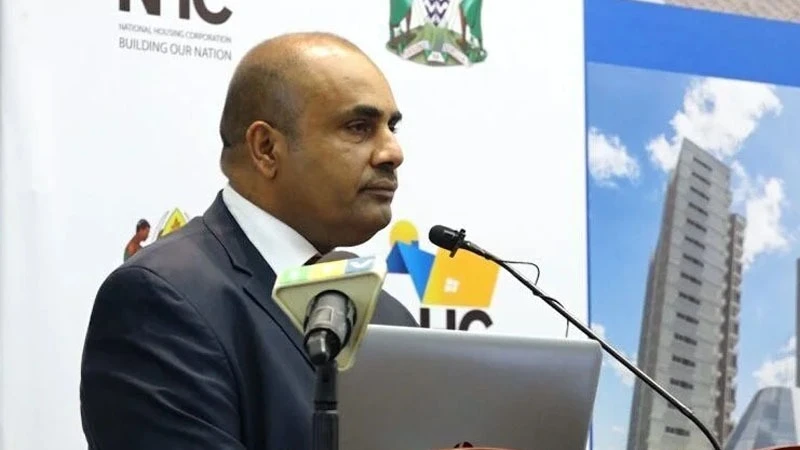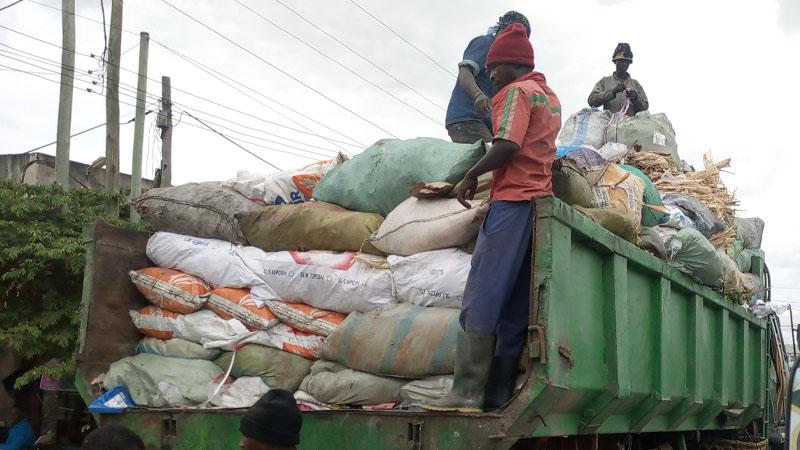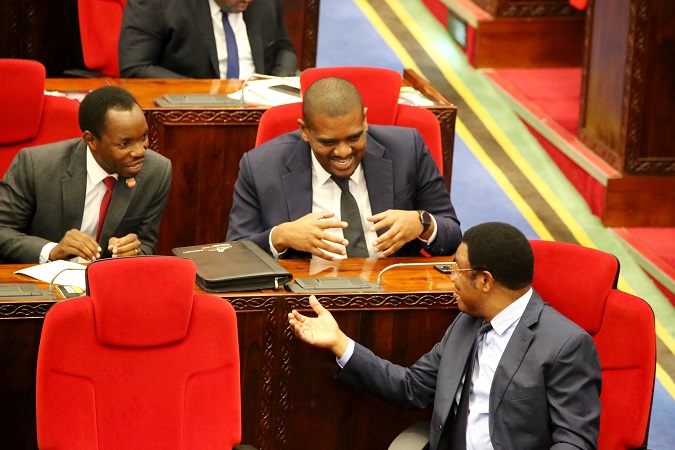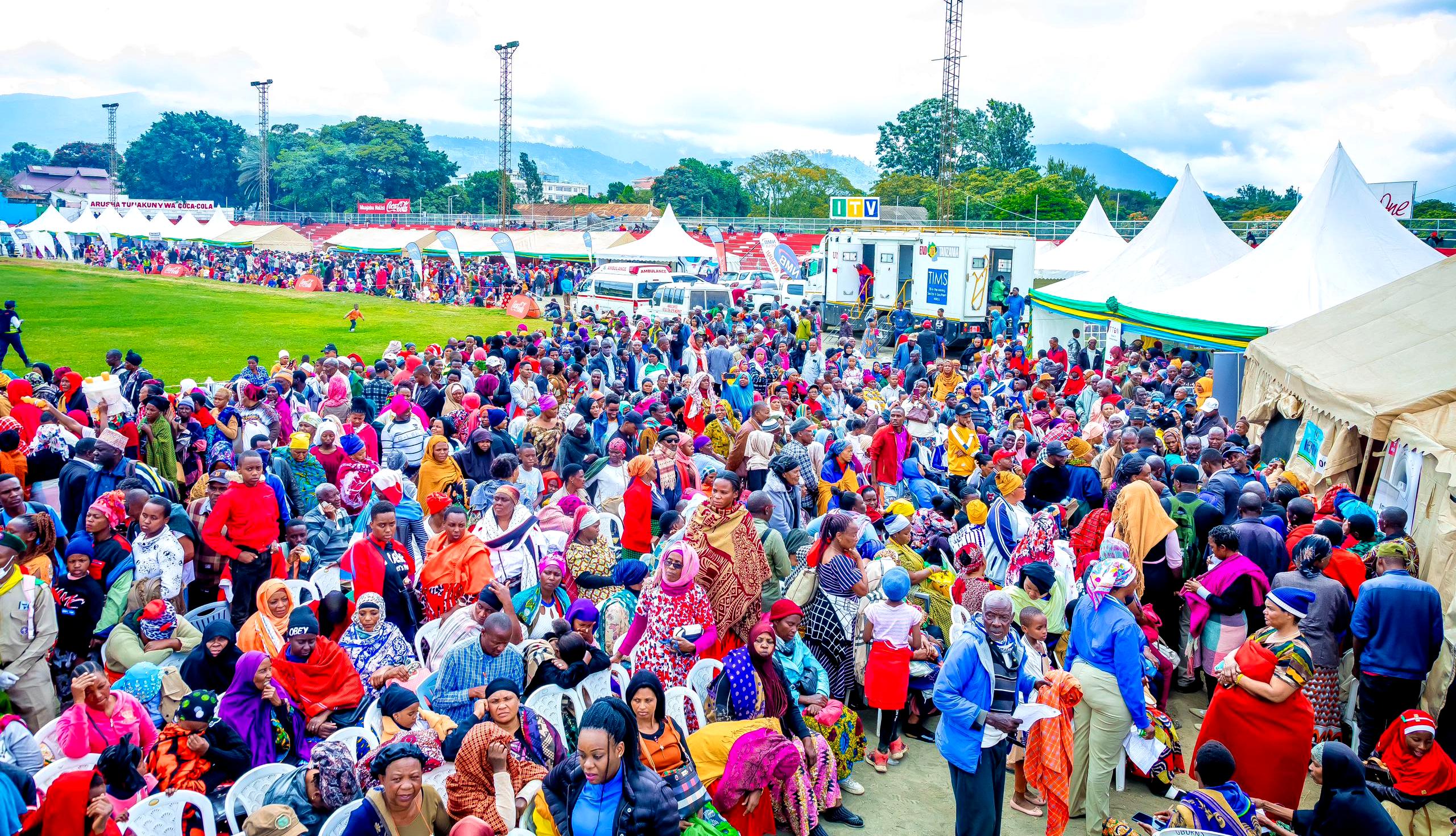EAC tables $113m in budget estimates
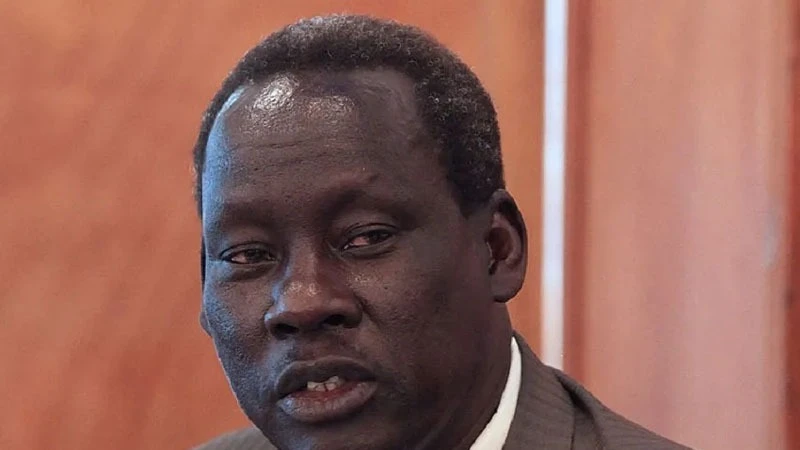
EAC council of ministers chairman Deng Aloor Kuol has tabled the fiscal 2024/2025 budget estimates of the East African Community (EAC).
The minister, holding the regional cooperation portfolio for South Sudan and chairman of the EAC council of ministers, proposed the EAC finance bill before the East African Legislative Assembly (EALA) here yesterday.
Total allocations for EAC organs and institutions are pegged at $112,984,442 with 61 percent of the figure expected to come from the eight partner states contributions, set at $67,785,519 in total.
The remaining 39 percent, equivalent to $43,936,292 will be raised from EAC revenues and donations from partner states, he said, asking the House to debate and approve the proposals.
The proposals are focused on sustainable economic transformation through fiscal consolidation and investment in climate change mitigation and adaptation efforts for improved livelihoods.
The proposed budget will dedicate more resources to the secretariat, on account of an overview of the region's economic performance outlook, and the priorities for fiscal 2024/2025.
He also covered findings of the EAC audit report for fiscal 2022/2023, highlighting priority interventions and expected outcomes, affirming that the EAC budget estimates come at a time when EAC economies are experiencing unfavourable financial conditions with negative spill-overs from geo-political conflicts.
There are also impacts of climate change weighing on the partner states' finances and economic performance, he said, pointing at high fuel and food import prices making it costly to seek out financial markets.
This has put pressure on exchange rates and foreign reserves, he said, noting however that economic performance in the EAC region in 2023 was upbeat, with GDP growth rates ranging from 2.8 percent to 8.1 percent.
The partner states’ economies GDP growth rates are expected to be higher than global and Sub-Saharan Africa average growth rates of 3.2 percent and 3.8 percent respectively, he stated.
This is largely due to strong performance in different sectors, supported by sustained public Investments, he said, outlining priority programmes and key achievements for the outgoing financial year.
The listed areas are regional security, private sector engagement, trade facilitation, monetary union transparency and technology innovations.
Others are economic welfare enhancement, sustainable agriculture projects for robust services, the EAC Automotive Industry Platform (JAIP) for industry development and start of implementation of the East African Crude Oil Pipeline (EACOP), among others.
Regional peace and security is allocated $5.1m, trade and investment promotion has $4.7m, institutional development $10.4m; while multi-sectoral infrastructure development has $6.2m.
Enhancing social and productive sectors was allocated $20.3m and EAC organs and institutions will be handed $66.3m, he specified.
“This budget embodies a strategic approach aimed at fostering sustainable economic transformation through fiscal consolidation and targeted investments in climate change mitigation and adaptation," the minister declared.
Earlier on at the opening of the session, Secretary General Veronica Mueni Nduva took oath as an ex-officio EALA member in accordance with Article 48 of the treaty.
Top Headlines
© 2024 IPPMEDIA.COM. ALL RIGHTS RESERVED







